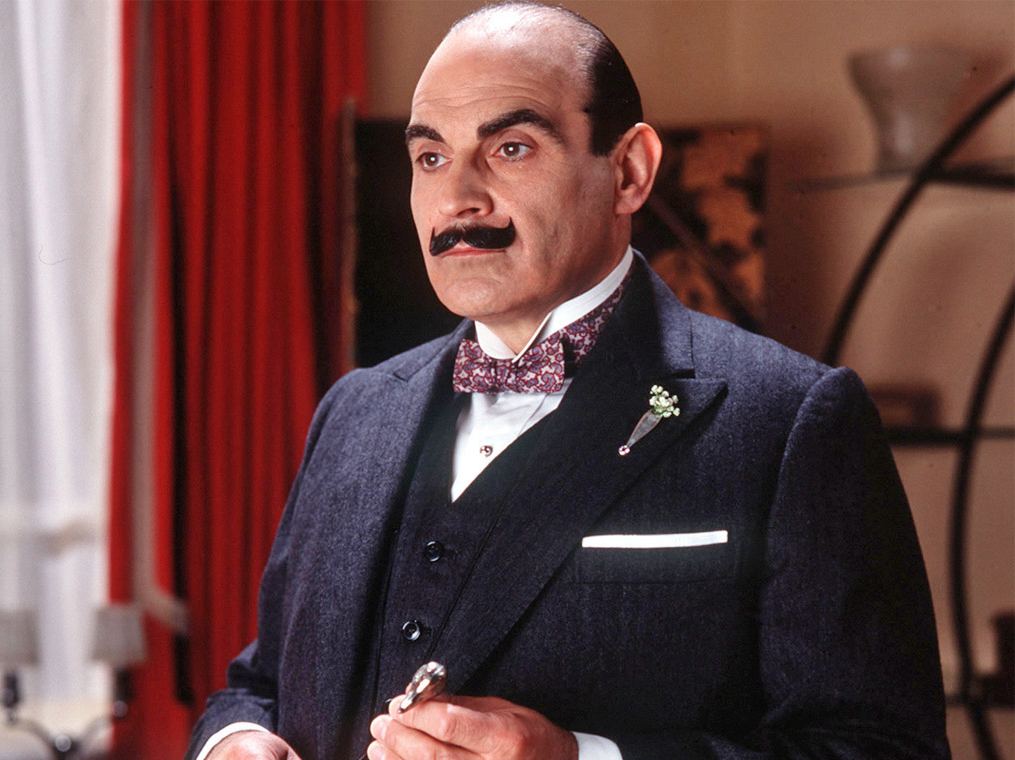Errors and Omissions: Alibi is everywhere it shouldn’t be
The writer means an excuse, or a fig-leaf, or a means of diverting blame. None of those things is an alibi

The word “alibi” seems to be almost beyond saving, which is a pity. I suppose it is still used in its original meaning in the criminal courts, but in everyday usage it is so commonly misused that it will soon be impossible to use it properly and hope to be understood.
Here is an example, from a comment piece published last Saturday: “The deficit and global economic crunch have provided a convenient political alibi for the Government, giving them a chance to put a sorrowful complexion on a long-hoped-for scything through public expenditure.”
The writer means an excuse, or a fig-leaf, or a means of diverting blame. None of those things is an alibi. The Latin word “alibi” means “elsewhere”. An alibi is a legal defence that depends on evidence that the accused was somewhere else when the crime was committed. If we start using it to mean a way of averting blame – an idea for which, admittedly, we don’t seem to have a word – then we shall be in an odd position: “alibi” will mean one thing in a court of law and something else in ordinary life.
Several people have written in to point out one of the most dramatic homophone horrors this newspaper has printed for a long time. Last Saturday, we ran a story about the filming of the final episode of ITV’s Poirot detective series. It reported: “The wrap party was held in a marquis in the grounds of the house.”
I can’t offer any explanation. Just one of those terrible things that shouldn’t happen but occasionally do. The interesting thing is that there may be an etymological connection between “marquis” and “marquee”, or so the Oxford dictionary thinks. Apparently in the 17th or 18th century, “marquise”, the French style for a marquis’s wife, also meant a large tent. Dim English speakers thought “marquise” sounded like a plural, and created a singular by dropping the “s” sound off the end, to produce “marquee”. (Similarly, in recent years, people who think “biceps” sounds like a plural have manufactured the false singular “bicep”.)
“‘Jaw-dropping’ breakthrough hailed as landmark in fight against hereditary diseases,” said a headline on Thursday. A breakthrough is a movement, while the whole point of a landmark is that it stays still; nothing, no matter how jaw-dropping, can be both.
This is from a technology article, published on Thursday: “Amazon says that despite the extra illumination, you can still expect eight weeks’ worth of battery life, too.” That meaningless “worth” is just a bad habit, and a widespread one.
It starts with money, and should stay there: “Eight pounds’ worth of batteries” means something, but you can’t exchange eight weeks for battery life, so why say it? What you mean is “eight weeks of battery life” – so just say that.

Join our commenting forum
Join thought-provoking conversations, follow other Independent readers and see their replies